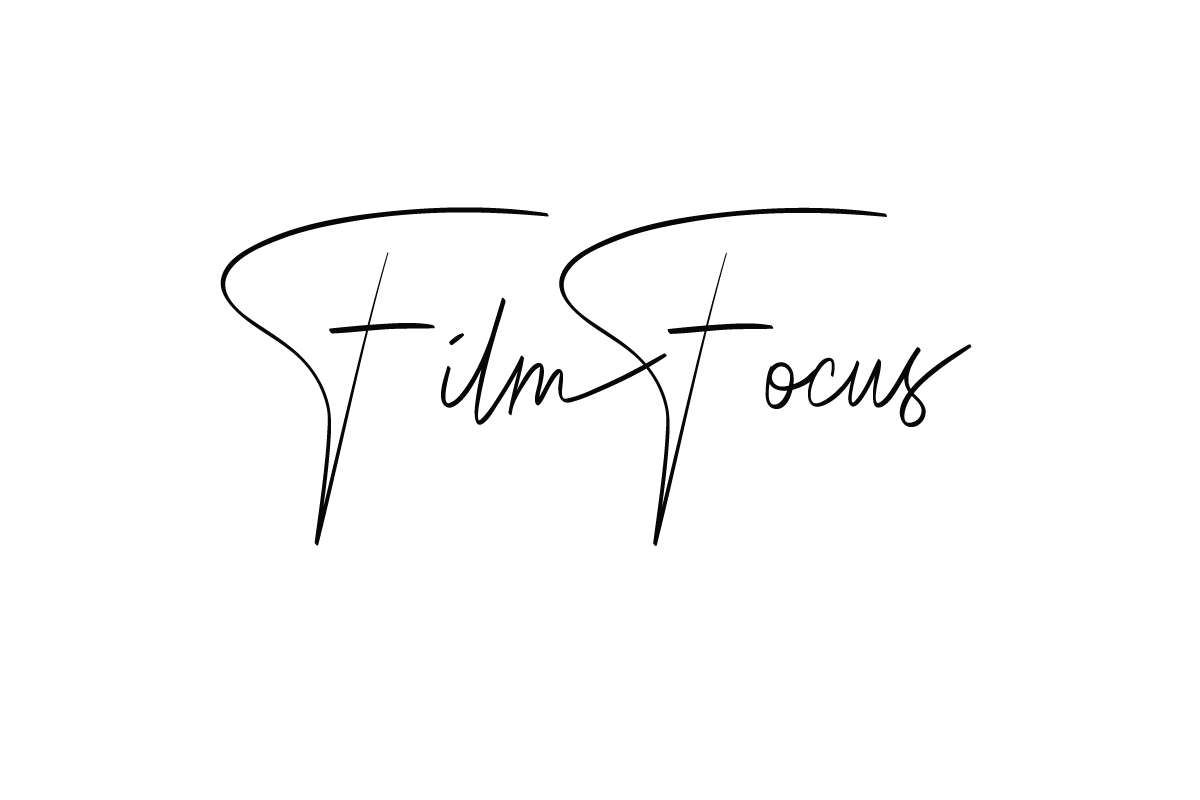Women Talking Review
Women Talking is written and directed by Sarah Polley and adapted from the 2018 novel by Miriam Toews. The film is inspired by the real life happenings of the remote Mennonite community in Bolivia.
The film opens with the women of an isolated religious colony discovering the horrific truths about the colony's men. It quickly becomes apparent that the men have systematically drugged, raped and beaten the colony's women over the course of many years. The violent attacks have long been dismissed as imagination, attention seeking or the work of the devil. The women finally catch the perpetrators in the act and they are arrested and taken to the jail of a nearby town. The remaining men of the colony leave to post bail for the attackers, leaving the women to debate their future.
The women of the colony, although unable to read or write, hold a vote to decide whether they; leave, stay and fight or do nothing and forgive the attackers. A number of women from various families are selected to represent the women's interests and debate the options. Ona (Rooney Mara), Salome (Claire Foy), Mariche (Jessie Buckley) give moving performances as they work through their options.
Majority of the film takes place in a simple barn and is comprised of impassioned long monologues, filled with rage, sorrow and suffering. The story is simple but has incredible depth.
In their discussions, the women are clearly debating the wider challenges of the patriarchal modern world in which we live, not just within the confines of their colony. Polley puts a mirror up to society as the women discuss their situation in an almost academic way, dissecting why the issues with violence are present. They discover that their issues have been cultivated in an environment and society in which men are more valued than women, leaving the men to feel entitled to the women. As they work through their options they are reflective, they realise that even the small, innocent acts as children when encouraged manifest into something depraved and violent with age. Ona's character goes so far as pitying those who engage in the violent attacks and notes that they are the direct product of a society and culture that cultivated violence in young boys.
Despite the sombre mood of the film and the very serious depiction of women's suffering, Polley manages to glitter in sparse, tiny moments of comic relief and the women's joy. Showing that they are more than victims. The film breaks away from the heaviness, letting you come up for air and process it just a little before diving back in.
Polley also provides flashbacks of the attacks. However, in illustrating depictions of violence and sexual assault, she ensures that the violence and the story is victim focused, rather than the act itself. A notable difference from the way male directors often depict similar stories.


